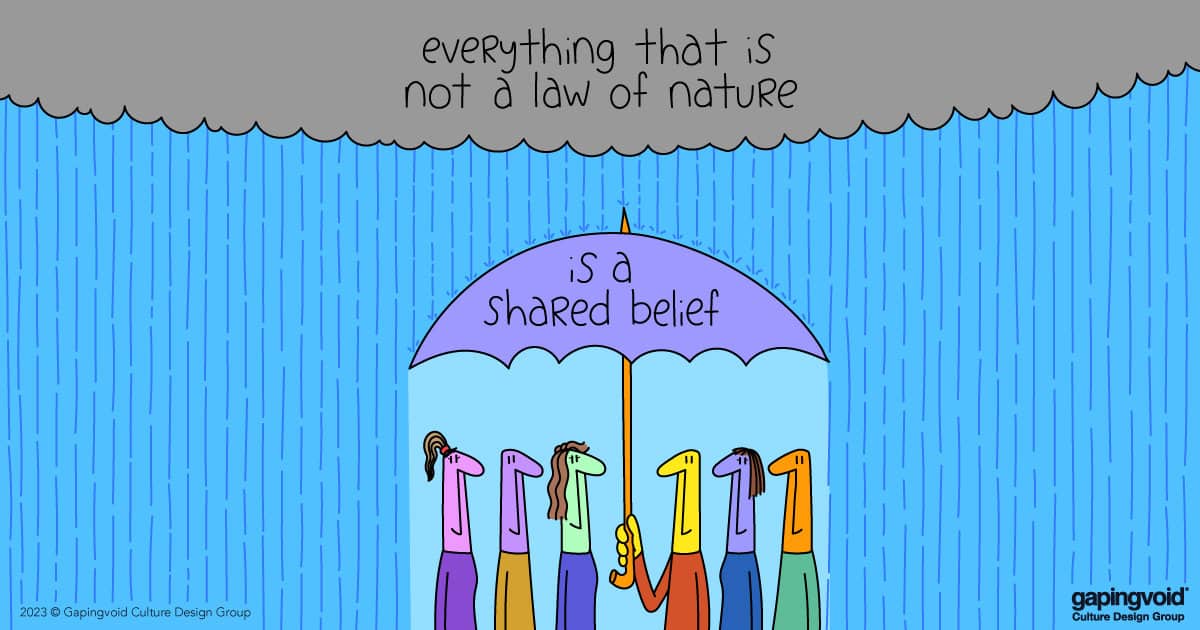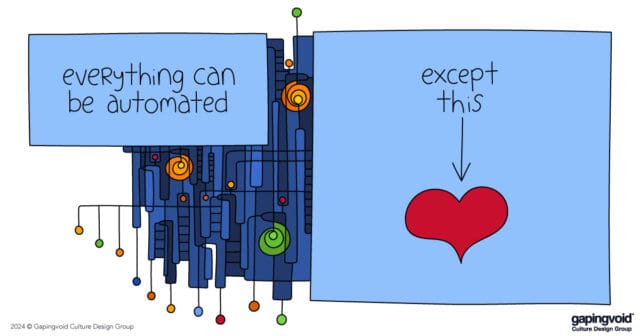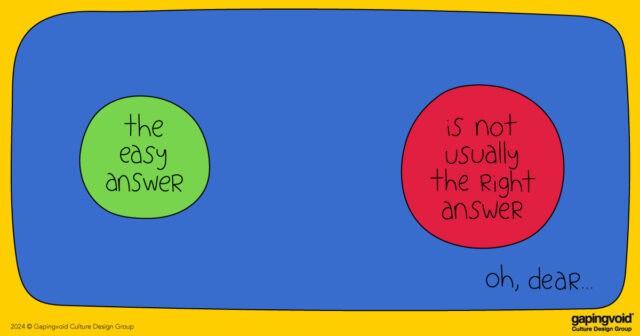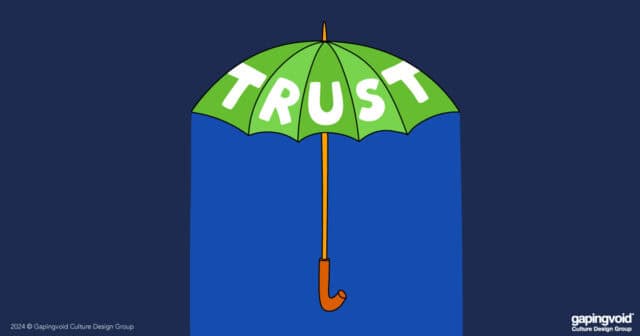
We all live in a civilization. Call it what you will – American, European, Western, International, Intercontinental, Global – but it’s obviously real.
The question is what’s holding it together and keeping it from imploding?
As we said recently, myth, storytelling, and a common narrative plays a huge part. But that’s just storytelling, even if a lot of it is on a pretty deep level.
We also have to factor in actual human behavior and how we operate daily (i.e. when we drive home from work, do our shopping, go to a ball game, or hang out with family and friends).
A century ago the British lawyer, politician, and former Government head of explosive procurement during WWI, Lord Moulton, gave an after dinner speech circa 1918-1919.
It wasn’t meant to be a big deal, just a talk among friends, but was later published (luckily for us) in The Atlantic Magazine. It’s called “Law And Manners.”
In summary: Let’s say, for sake of argument, you want to dance around naked in the privacy of your own home. In a democracy like ours, you’re free to do that. Whatever floats your boat. This is what Lord Moulton describes as one extreme, “Freedom.” You CAN do that.
But if you tried doing that, say, on the US Senate floor, you’d be arrested. That’s what he calls the other extreme: “Law.” You CAN’T do that.
Can and Can’t. Easy.
Except as we all know, and Moulton points out, there’s a vast gulf between those two. This gulf he calls the realm of “Unenforceable Laws.”
These are rules and customs that, although there’s no law against them, you probably shouldn’t do. I.e., you won’t get arrested if you have far too much to drink at a dinner party and start screaming hurtful obscenities at your friends, but you really shouldn’t, even if technically you’re free to do so.
“Unenforceable laws” is another way of saying “good manners.” And the interesting thing about manners is that they’re mostly self-enforced. None of us need to be told not to scream obscenities at a dinner party (by law or otherwise). We know how to police ourselves, most of the time.
His big point is that it’s these self-evident unenforceable laws that really hold society together. The minute we lose them, we start losing our privileges, either from the Freedom side (people stop inviting us to dinner parties) or the Law side (government intervention).
Lord Moulton said beautifully: “Between ‘can do’ and ‘may do’ ought to exist the whole realm which recognizes the sway of duty, fairness, sympathy, taste, and all the other things that make life beautiful and society possible.”
Amen to that.
And what’s true for society in general is equally true for businesses, even small ones. Companies may have lots of rules and processes, but it’s the culture i.e. the spaces in between people (the norms, unwritten rules, manners) which the majority of the enterprise runs on.
[PS: On June 19th, Professor Michael Munger from Duke University talked about Lord Moulton’s speech on the EconTalk podcast. Some wonderful thoughts and ideas to be had.]



